

Channel 4
Featured Show:
Hollyoaks
The daily soap that follows the loves, lives and misdemeanours of a group of people living in the Chester village of Hollyoaks where anything could, and frequently does, happen...
Channel 4 TV Shows
1553 shows • Page 66 of 78
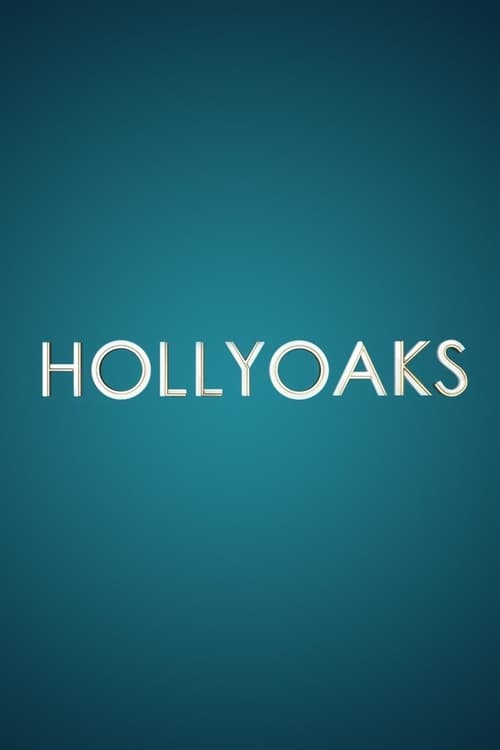
Hollyoaks
The daily soap that follows the loves, lives and misdemeanours of a group of people living in the Chester village of Hollyoaks where anything could, and frequently does, happen...

Jake's Progress
Jamie looks after his son Jake while his wife works all hours.
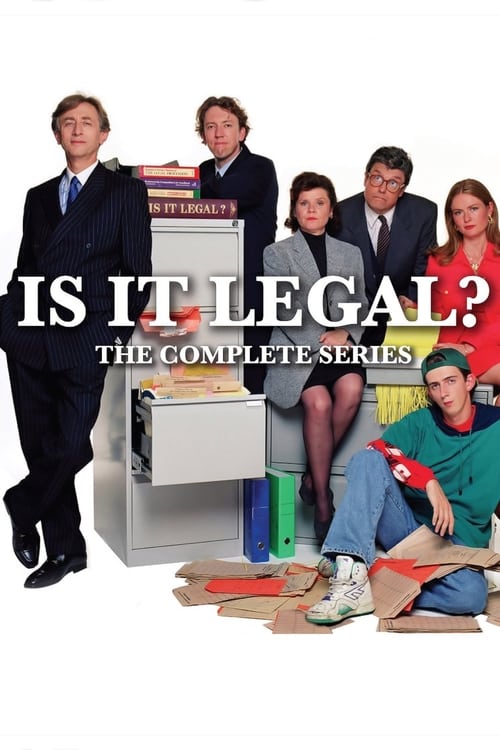
Is It Legal?
Is It Legal? is a British television sitcom set in a solicitors office in Hounslow, west London, which ran from 1995 to 1998. It was produced by Hartswood Films and was shown on ITV for Series 1-2 and Channel 4 for Series 3. It was written by Simon Nye, who also wrote other ITV sitcoms such as Men Behaving Badly and Hardware.
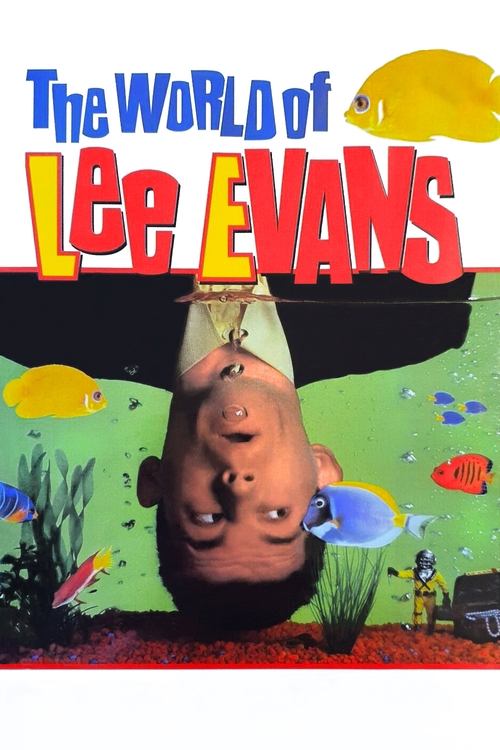
The World of Lee Evans
The World of Lee Evans was a BAFTA nominated TV show written by and starring Lee Evans and a range of actors, it followed Lee around getting stuck in tight situations and originally aired on Channel 4. The series was released on Channel 4 DVD in 2006 and features all episodes. The humour, which differs greatly from Evans' later stand-up humour, contains many elements of slapstick, and the show is similar in style to Mr. Bean. The series was a Granada Production in 1995 for Channel 4, and as Granada had adopted a new endboard cap at the end of their programs at this time, The World of Lee Evans was amongst the first ever shows to use the endboard. The series was quite popular though has had a very mixed reception in retrospect, some critics and Lee Evans fans saying the series is not as good as his other work. The series' slogan is If Lee Evans "needs to get from A to B, he starts at Z...".
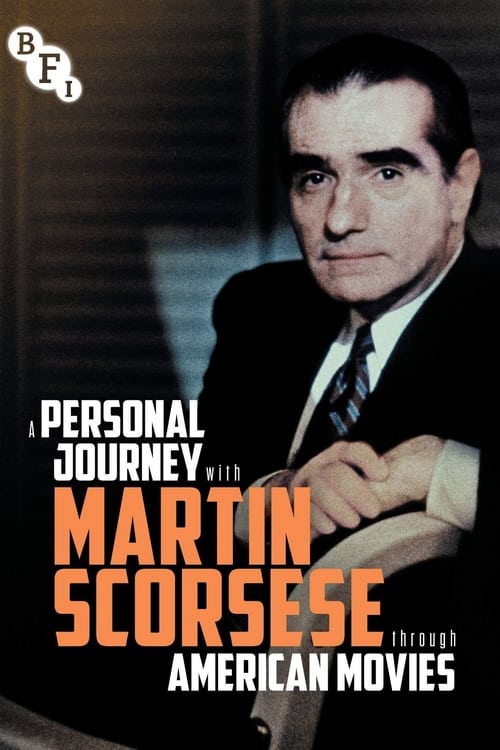
A Personal Journey with Martin Scorsese Through American Movies
Filmmaker Martin Scorsese celebrates US movies from the silent classics to the Hollywood of the seventies.
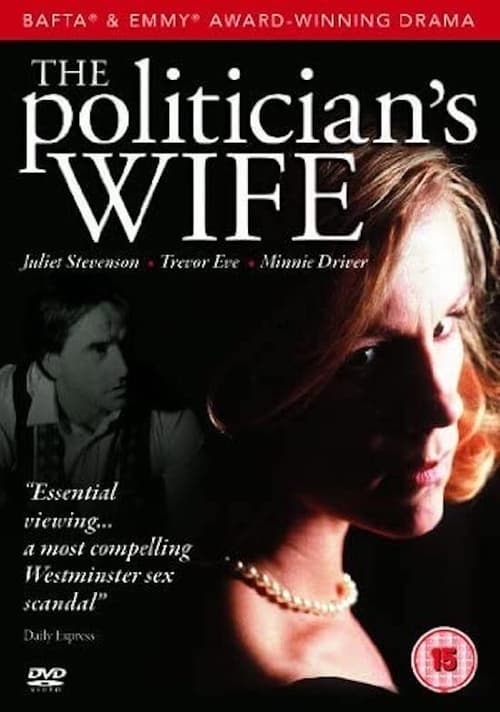
The Politician's Wife
The Politician's Wife is a British television political drama written by Paula Milne, broadcast on Channel 4 in 1995 and starring Trevor Eve and Juliet Stevenson. The story centres around high-flying politician Duncan Matlock, Families Minister for the UK Government, who becomes embroiled in tabloid scandal as it is discovered that he has been having an affair with a former escort turned parliamentary researcher. Duncan's wife Flora becomes the focus of media attention as her reactions to the revelations are played out. Initially she plays out the part of the loyal wife, but as an aide of her husband feeds her details about the affair and various other political scandals that could be made to happen. She begins to sabotage her husband's integrity and reputation through a campaign of leaks and misinformation to the press and British Conservative Party stalwarts. After a series of increasingly sensational and damaging stories in the press, her husband is forced to resign in humiliation. The last episode closes with the results of the by-election being announced on TV. Flora Matlock wins with the support of her party whilst her husband is exiled to a minor post in Belgium.

Father Ted
A crazy comedy about three rather strange parish priests exiled to Craggy Island, a remote island off the Irish west coast.
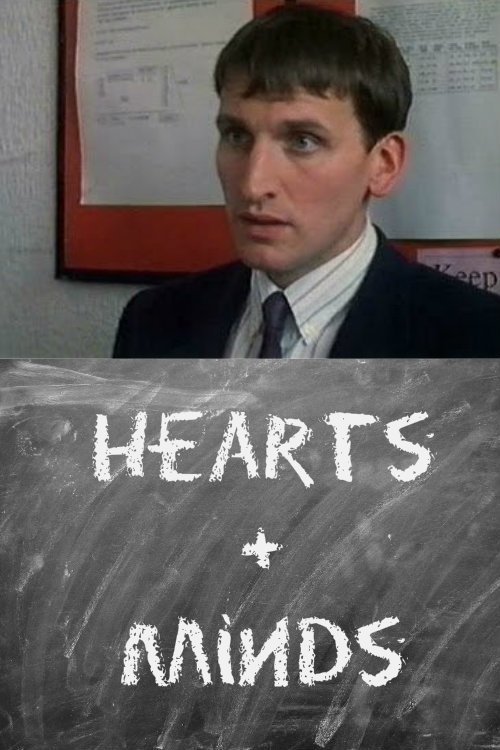
Hearts and Minds
A young teacher begins work at a tough Liverpool comprehensive, where he has to deal with racism, homophobia and his students' poor backgrounds.
 0
0Heroes of Comedy
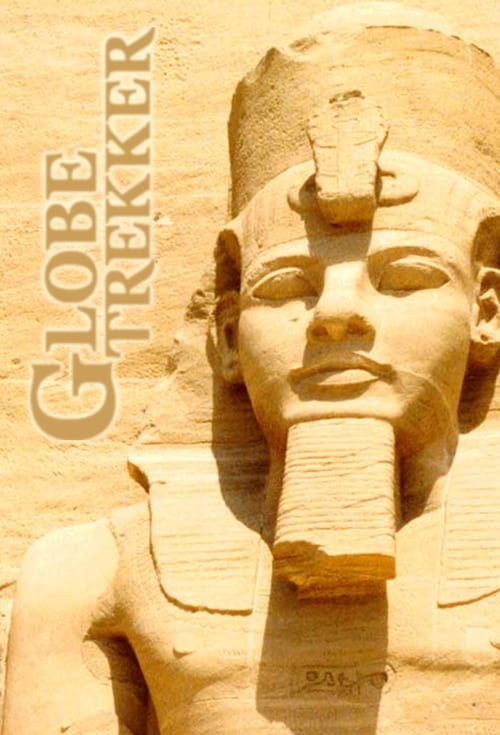
Globe Trekker
Globe Trekker is an adventure tourism television series produced by Pilot Productions. The British series was inspired by the Lonely Planet travelbooks and began airing in 1994. Globe Trekker is broadcast in over 40 countries across six continents. Each episode features a host, called a traveller, who travels with a camera crew to a country—often, a relatively exotic locale—and experiences the sights, sounds, and culture that the location has to offer. Special episodes feature in-depth city, beach, dive, shopping, history, festival, and food guides. The show often goes far beyond popular tourist destinations in order to give viewers a more authentic look at local culture. Presenters usually participate in different aspects of regional life, such as attending a traditional wedding or visiting a mining community. They address the viewer directly, acting as tourists-turned-tour guides, but are also filmed interacting with locals and discovering interesting locations in unrehearsed sequences. Globe Trekker also sometimes includes brief interviews with backpackers who share tips on independent travel in that particular country.
 0
0Get Up, Stand Up
Sketch comedy show with black comedians.
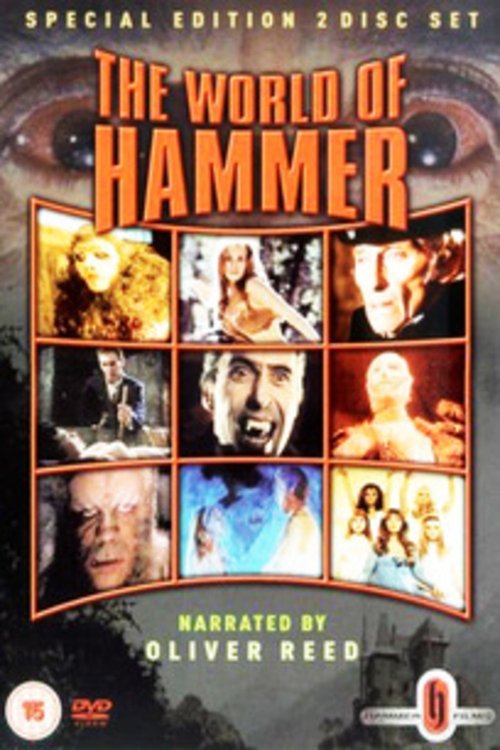
The World of Hammer
The World of Hammer is a thirteen-part British documentary series created and written by Robert and Ashley Sidaway for Channel 4. Initially broadcast from 12 August to 4 November 1994, the series is narrated by English actor and frequent Hammer collaborator Oliver Reed.
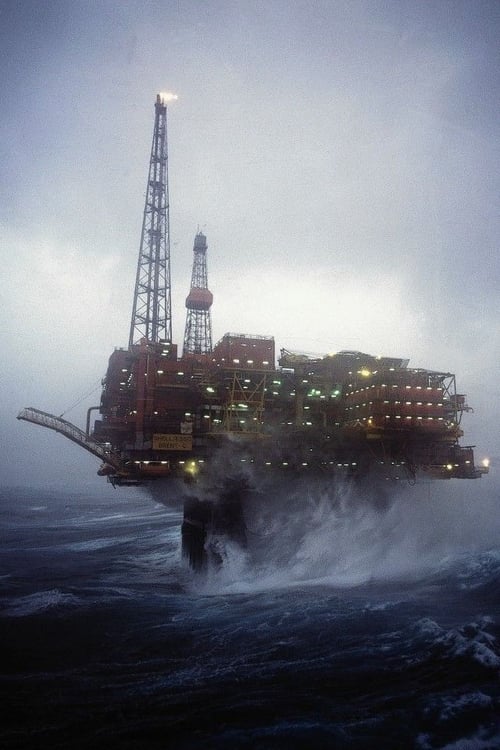 0
0Wasted Windfall
Three part documentary series about the discovery and exploitation of North Sea oil and its political and economic consequences.
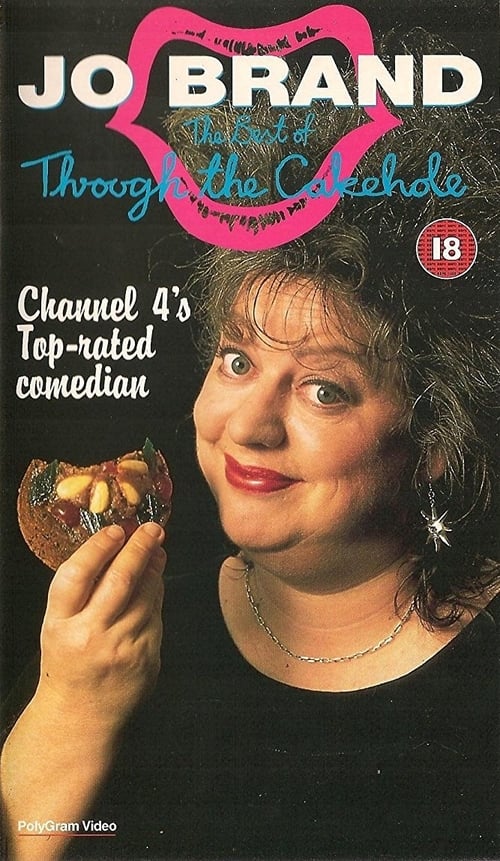 0
0Jo Brand Through the Cakehole
Jo Brand Through the Cakehole is a British stand-up comedy television series produced by Channel X, and starring Jo Brand as the show's host. It debuted on 30 December 1993 in the United Kingdom and was broadcast on Channel 4 for three years, from 1993 to 1996.
 0
0Don't Forget Your Toothbrush
Don't Forget Your Toothbrush is a light entertainment show originally broadcast on Saturday nights in the United Kingdom in 1994, and has also been adapted in several other countries including Australia, Belgium, Finland, France, Germany, Denmark, Italy, Norway, Sweden, the United States, the Netherlands and Portugal. The format was distributed internationally by DRG.
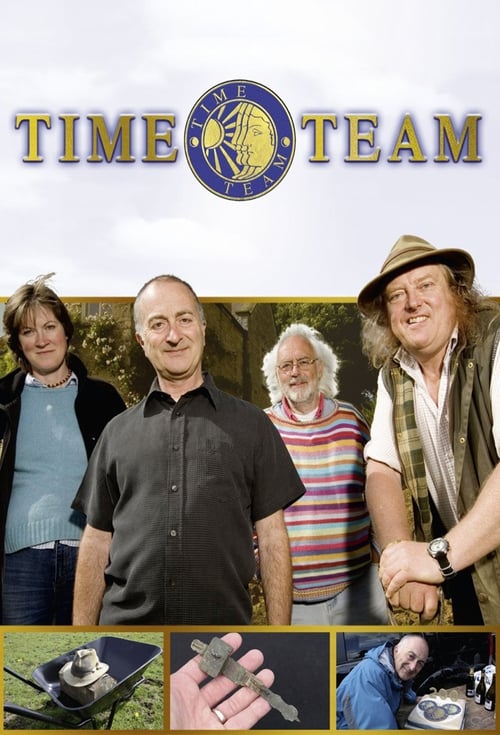
Time Team
Time Team is a British television series which has been aired on British Channel 4 from 1994. Created by television producer Tim Taylor and presented by actor Tony Robinson, each episode featured a team of specialists carrying out an archaeological dig over a period of three days, with Robinson explaining the process in layman's terms. This team of specialists changed throughout the series' run, although has consistently included professional archaeologists such as Mick Aston, Carenza Lewis, Francis Pryor and Phil Harding. The sites excavated over the show's run have ranged in date from the Palaeolithic right through to the Second World War.
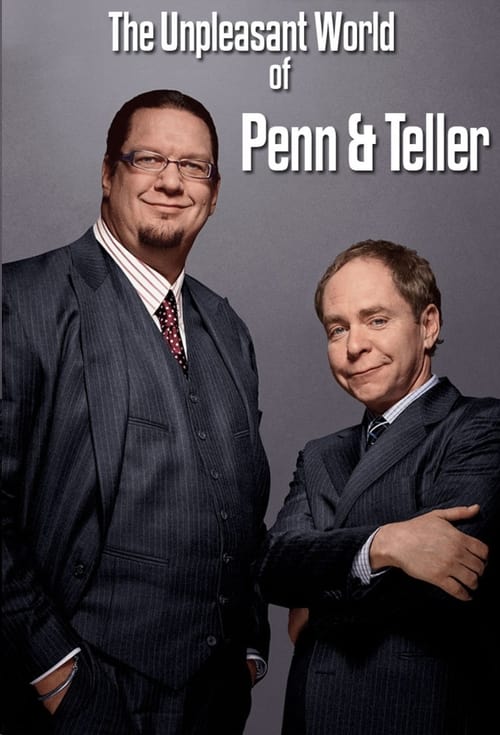
The Unpleasant World of Penn & Teller
 0
0The Alternative Christmas Message
Channel 4's alternative to the monarch's Christmas Day broadcast.
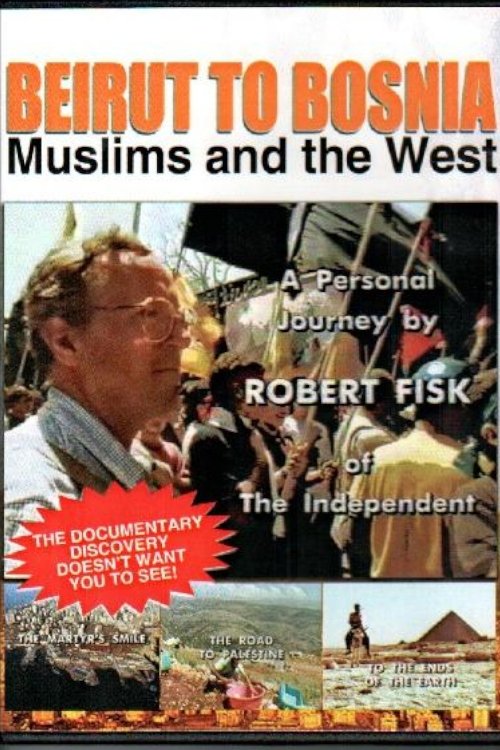 0
0From Beirut to Bosnia
The British correspondent in Lebanon, Robert Fisk, tries to find the roots of misunderstanding between the Muslims and the Western World, and why some Muslims do not trust the West. He travels from Lebanon to Palestine, then to Egypt, and finally concludes his journey in the terrorized Balkan. He also makes a short trip to Poland, showing an eloquent description of the Holocaust.
 0
0